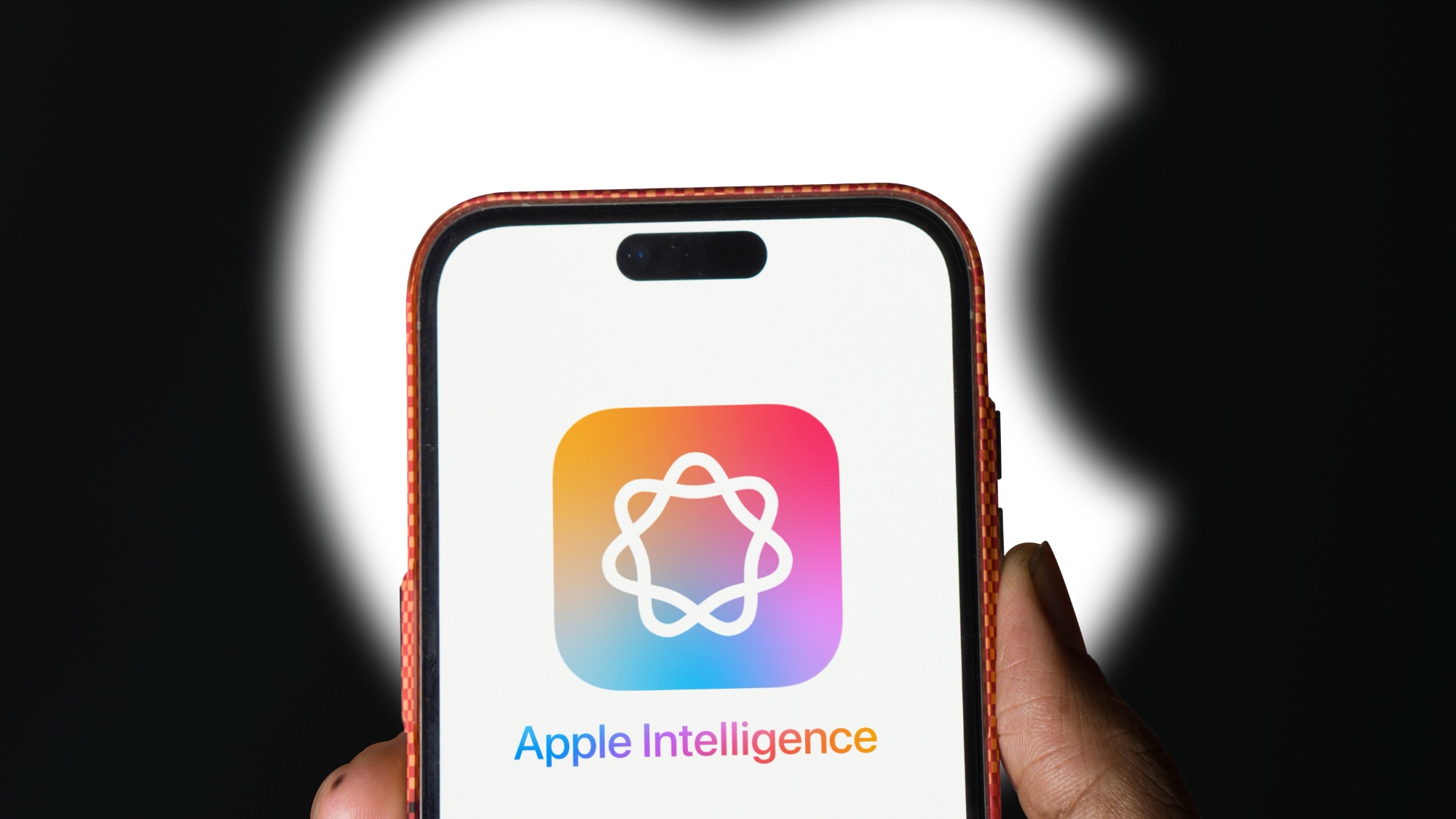Five ways you're probably putting your safety at risk online

Provided you've been keeping up with this series, you've already learned a lot about privacy and security.
By now, you're probably feeling pretty confident in your own online safety. And while it's certainly true that you're ahead of the average web user, that doesn't make you invincible. There's still a lot you might be doing wrong, a lot of ways you might be putting your digital privacy and safety at risk.
We'll go over a few of the most common.
Reusing passwords (or using terrible passwords)
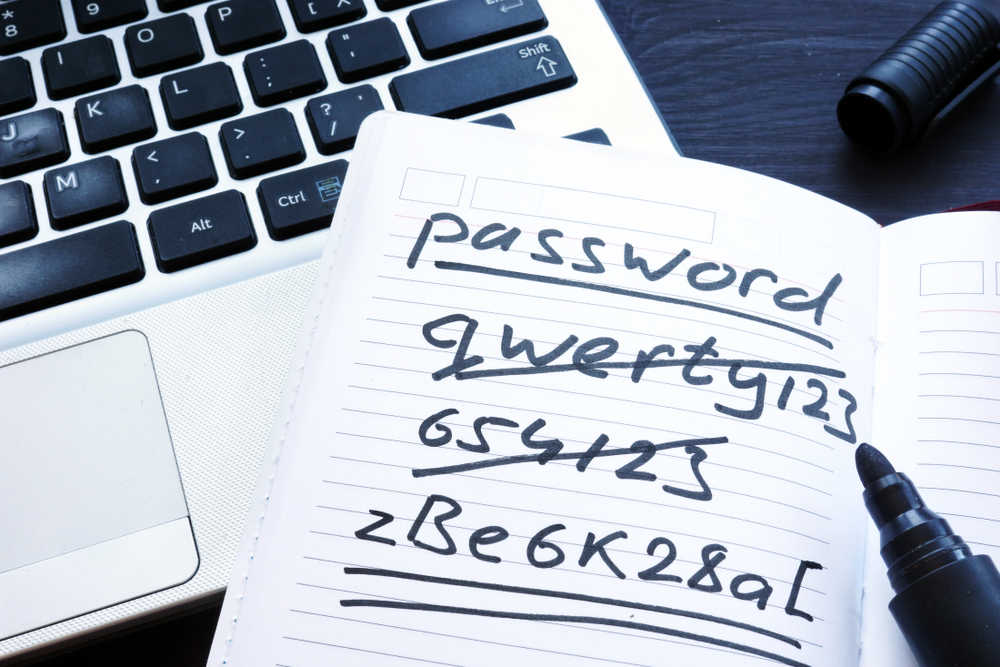
Using the same password for multiple accounts is, from a security standpoint, a cardinal sin. It's also something almost every single one of us has done at one point or another. To some extent, that's understandable.
These days, we have so many different logins that it's impossible to keep track of everything. No one could blame you for using a password that's easy to remember, or for using the same password across multiple logins. Even still, you should stop doing so.
Immediately.
Why it's bad
Unless you've been living under a rock, you know how many data breaches and leaks the past two years have seen. You're also no doubt aware that in many of those cases, login credentials were compromised. With this in mind, picture the following scenario.
A hacker manages to gain access to the backend of a service you use. They download your login details. Because you've a reused password, they now have access to every single account of yours.
What you should be doing
Use a secure password manager. No, we're not talking about your web browser, though that's still better than nothing. We're talking about downloadable software that both stores and generates secure, custom passwords.
There are other reasons a password manager is better than your browser, as well. For one, it stores passwords for not just websites, but both desktop and mobile apps. It also allows you to share your credentials for an account with friends and family (ie. letting a partner use your Netflix login).
Being careless on social media
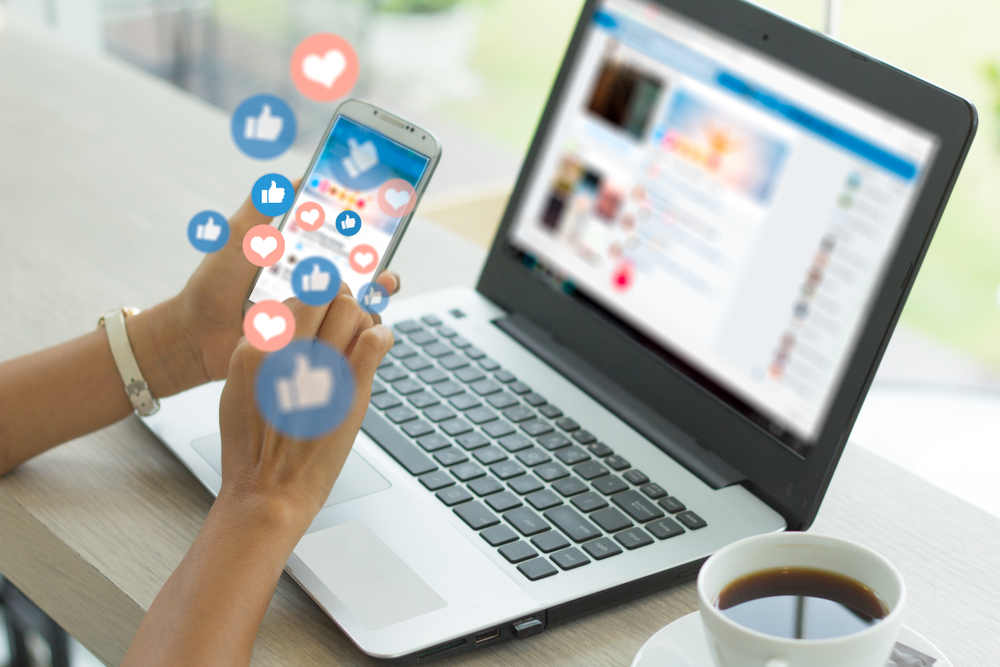
We've all started doom scrolling a little more than we'd like. Arguing with people. Seeking validation in comment threads and wall posts and through likes and shares.
And many of us have, over the course of the pandemic, gotten a bit careless, both with how we conduct ourselves and what we share.
Why it's bad
Aside from the fact that Facebook itself doesn't exactly have the most stellar track record with privacy and security (they aren't even trying to stop more data scraping leaks from happening), it's actually frighteningly easy for someone to track you down using your Facebook information.
This doesn't just apply to Facebook, of course.
Consider what happened in California in 2015, when a man used photos posted to social media to track down, stalk, and steal from multiple women.
What you should be doing
Always be cognizant of what you post, whether you're engaged in a heated argument in the comments or sharing memes on your profile. More importantly, make sure you configure your privacy settings on social media accordingly.
Or you could just delete Facebook entirely, which given current events may be the better course.
Browsing without an ad blocker
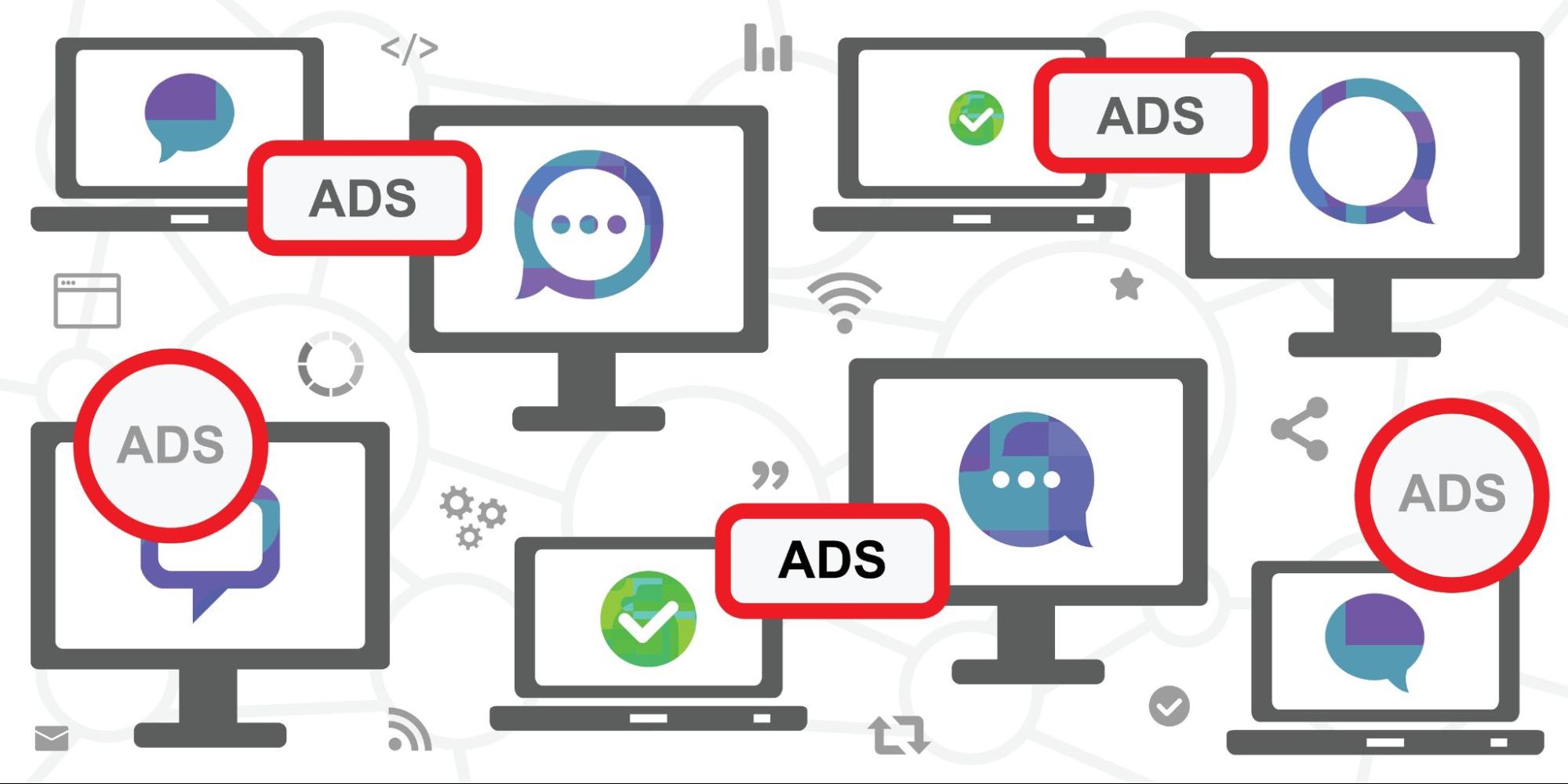
Nobody likes ads. Not even advertisers. Yet somehow, they've managed to persist, surviving against all odds for years.
In spite of the fact that nearly 50% of people worldwide use ad blockers. If you aren't already among them, you need to be. And not just because blocking ads makes for a better overall experience online.
Why it's bad
Online ads aren't just obnoxious. They're also a leading delivery vessel for all sorts of nasty malware. This is in addition to opening you up to all sorts of digital scams.
And malvertising is on the rise. Digital risk management specialist The Media Trust noted that from 2014-2020, malvertising increased by a staggering 724%.
What you should be doing
Use an ad blocker. There's really not much else to say here.
Installing too many apps

Have a look at your phone's home screen. Is it an organized grouping of apps you frequently use, or a chaotic mess of software you've completely forgotten about? If it's the latter, you need to do some cleaning.
Ditto with software you've installed on your PC.
Why it's bad
Aside from cluttering your screen and taking up valuable storage space, having too many apps can both kill system performance and put your data at risk. This is especially pronounced on Android which researchers have revealed on more than one occasion has plenty of apps that leak user data.
What you should be doing
At least once a month, take a look at your list of installed apps, and ask yourself the following questions for each one.
Not using Multi-factor authentication (MFA)
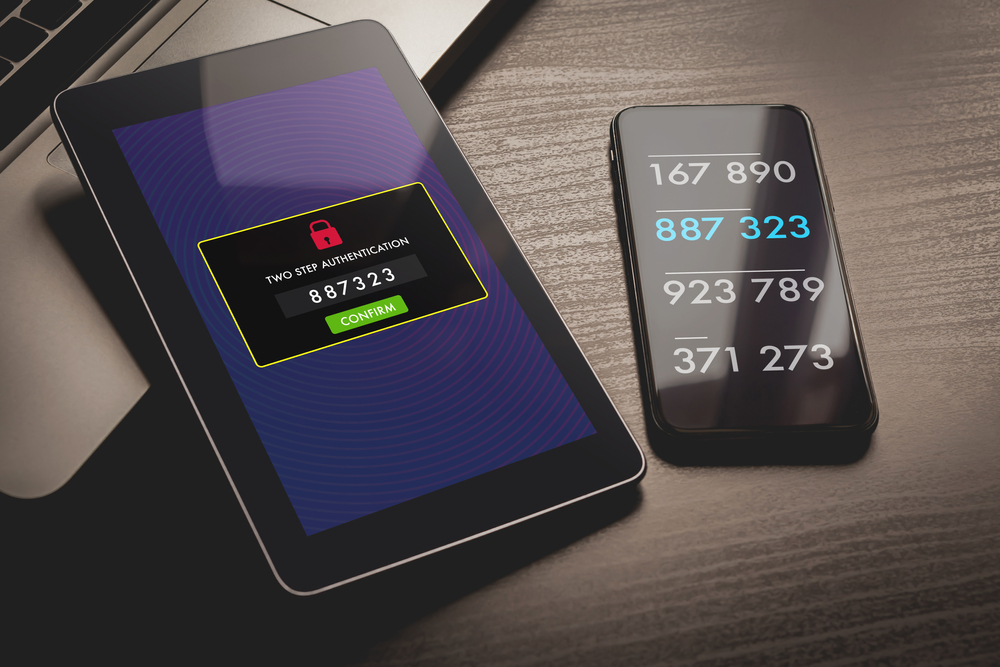
Passwords alone are not enough to protect you, no matter how secure yours are. And in a world of distributed work, behavioral authentication, and single-sign-on application suites, they're quickly becoming obsolete. Unfortunately, for some reason we can't quite fathom, many people still think a password alone is enough to keep them safe.
Why it's bad
Without multifactor authentication, if someone acquires your password either through a leak or a phishing scam, that's it. Game over. They have access to everything.
What you should be doing
Multifactor authentication is a safeguard against unauthorized access. Whenever there's an unfamiliar or unrecognized login, you'll be prompted to either enter a code from your phone or approve the login. Not only does this help protect your personal information, but it also ensures that if your password is compromised, you'll know and have the opportunity to change it before you lose anything.
Full protection, both online and off

Recognizing problematic behavior is only half the equation. Once you know what mistakes you're making, the next step is to address them. That includes choosing the right security software.
BitDefender Total Security is that software. In addition to sporting a built-in password manager and ad-blocking, it also keeps you safe from malicious links on social media, encrypts your online activity, and protects against all manner of advanced threats. In short, it's everything you could possibly need from your security software.
Better yet, it's currently on sale. Order now, and you'll get up to 50% off. Prices start at £34.99 for a one-year license applicable to up to five devices.
Sign up to get the BEST of Tom's Guide direct to your inbox.
Get instant access to breaking news, the hottest reviews, great deals and helpful tips.
